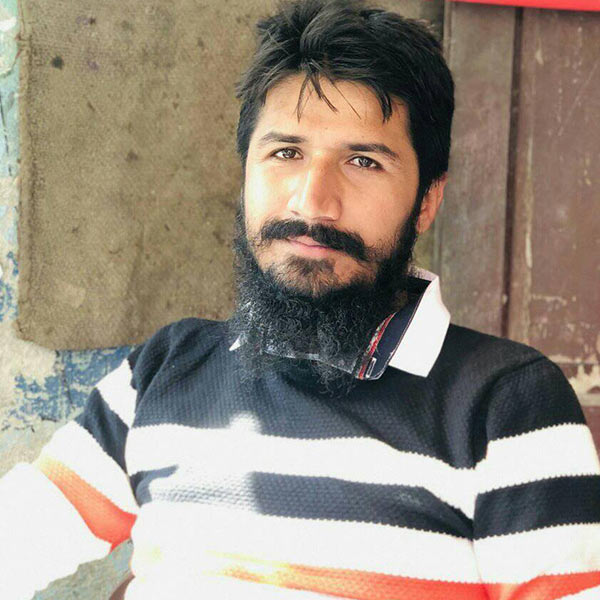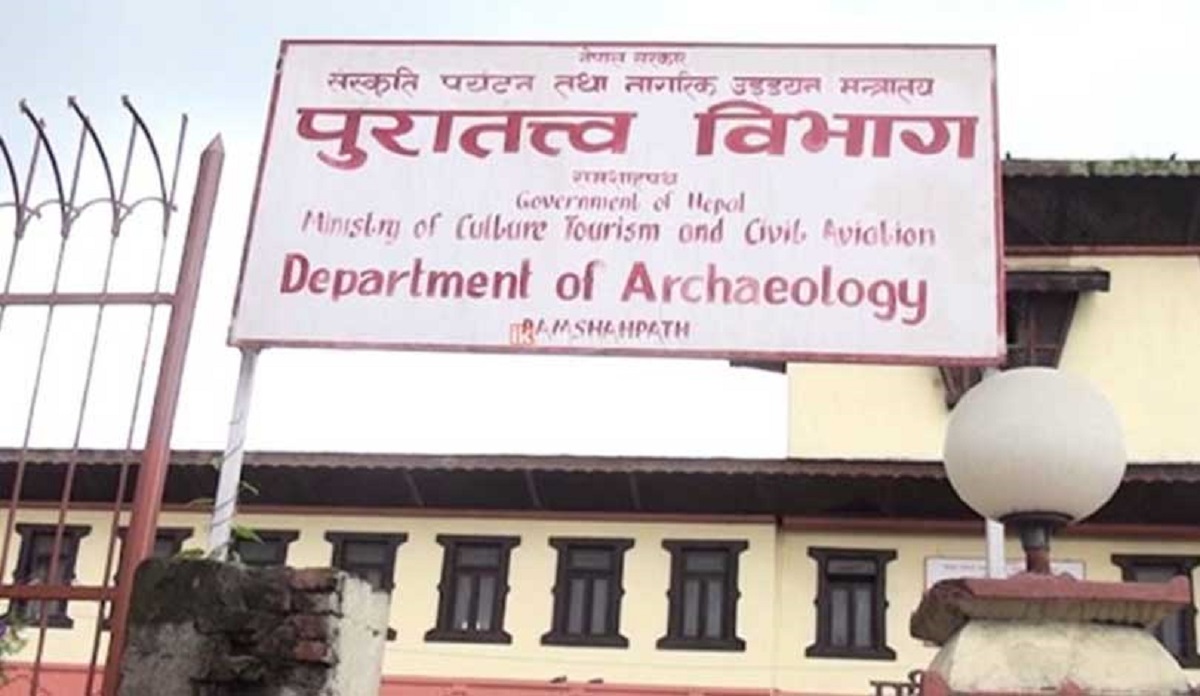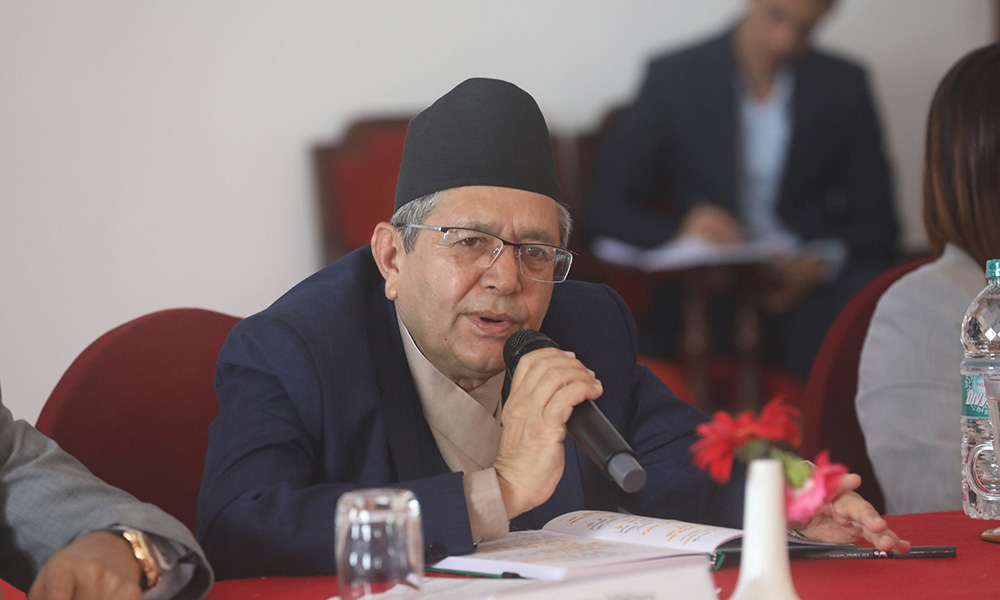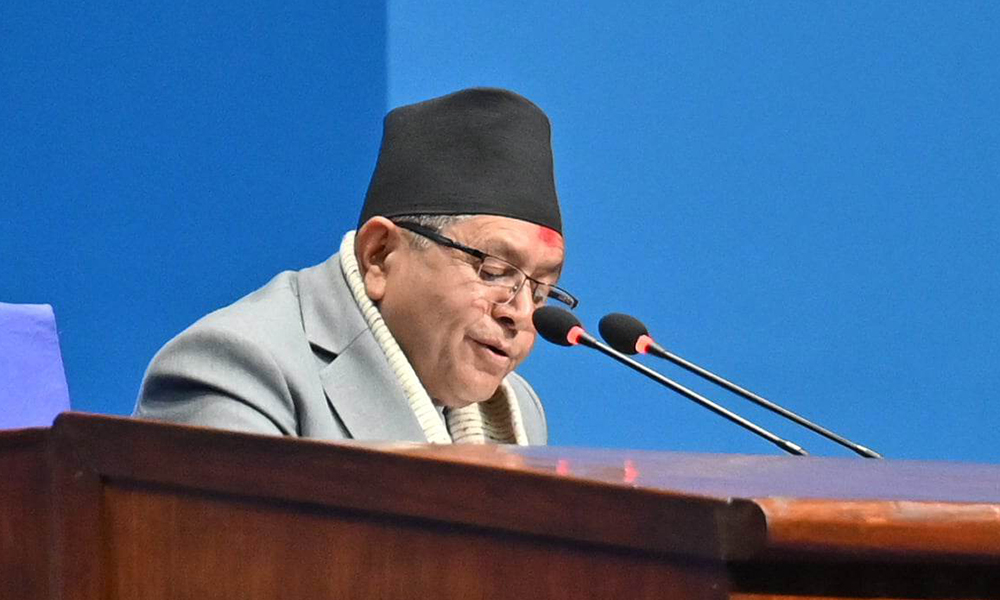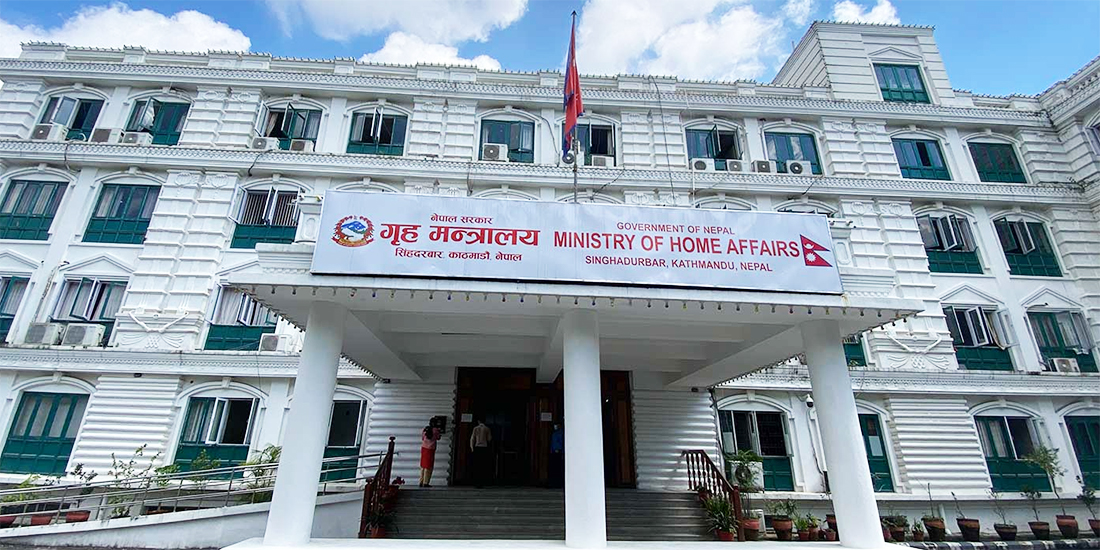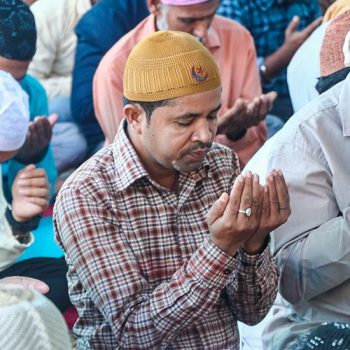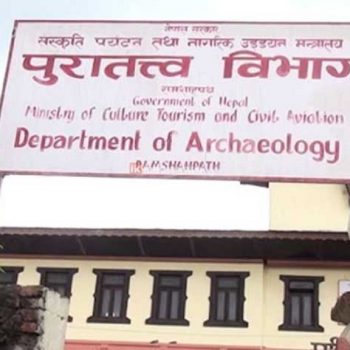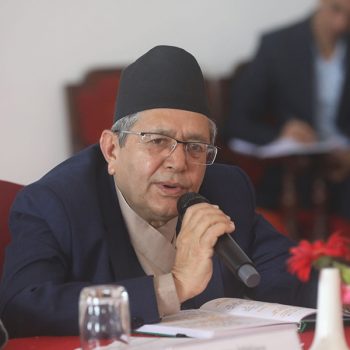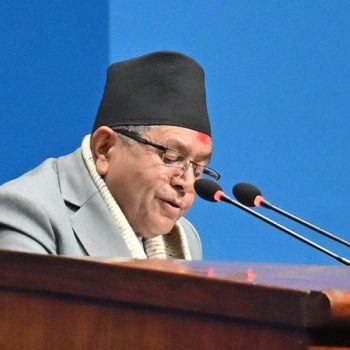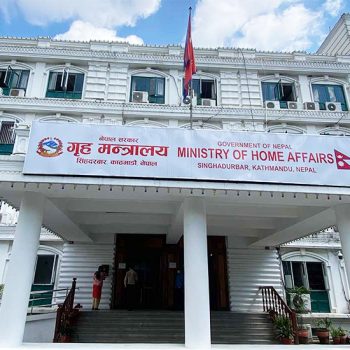WFP Nepal accused of ‘perpetuating hunger’ in Karnali, pressured to ‘review report’ on ending freebies
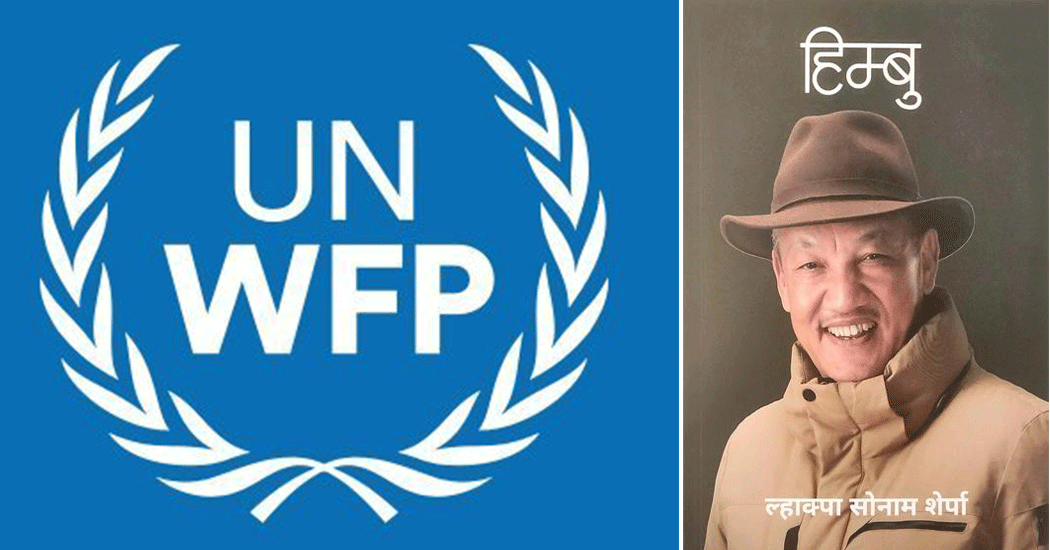
KATHMANDU: In what appears to be in line with widespread accusations that donor agencies want to continue hunger to profit from their philanthropic deeds, a recent book has unveiled that the World Food Program (WFP) is intentionally perpetuating hunger in Nepal’s Karnali region to profit from their philanthropic efforts.
In ‘Himbu’, an autobiography by Nepal’s renowned tourism entrepreneur Mr. Lhakpa Sonam Sherpa, the author sheds light on these claims from both an insider and outsider perspective.
Sherpa, who has airlifted WFP-supported food to Karnali for 18 years from his Tara Air, shares his firsthand experience with distributing free food in the region. His daughter, Dawa Futi Sherpa, a former ambassador of Nepal to Spain (November 2019 to October 2021), worked with the WFP program in Karnali for consecutive two years. Dawa Futi prepared a report recommending the end of free food distribution, citing several reasons like:
- Food should be provided based on wages for work in agriculture and infrastructure.
- Free food has led to increased laziness and dependency among locals.
- Women bear the burden of all household chores while men gamble, a situation that wage-based food could mitigate.
Interestingly, her 27-page report, submitted to WFP headquarters with evaluations and suggestions, faced internal criticism in Nepal. Sonam recounts a meeting with the WFP Nepal head, who expressed disapproval of the report and asked Sonam to have his daughter revise it. Sonam urged Dawa Futi to withdraw the report, but she stood by her findings, stating, “My report is based on facts, Dad. If it is to correct it, it wouldn’t be worth sending. I can’t write wrong things.”
During her tenure, Dawa Futi extensively traveled through Karnali’s hinterlands and hamlets, closely observing the people’s culture and lifestyles before preparing her report.
In his book, Sonam addresses these issues on pages 117 and 118 under the title ‘Nabyujhieko Karnali’ which is roughly translated as ‘Unawoken Karnali’. On page 119, he bluntly writes, “WFP seems to prolong hunger by implementing self-serving policies. They photograph poverty and hunger in Nepal’s villages, mainly in Karnali, to solicit donations worldwide, giving a small percentage to Nepal and keeping the majority. We have created a favorable environment for such unethical practices internationally. We need to be cautious in the days ahead.”
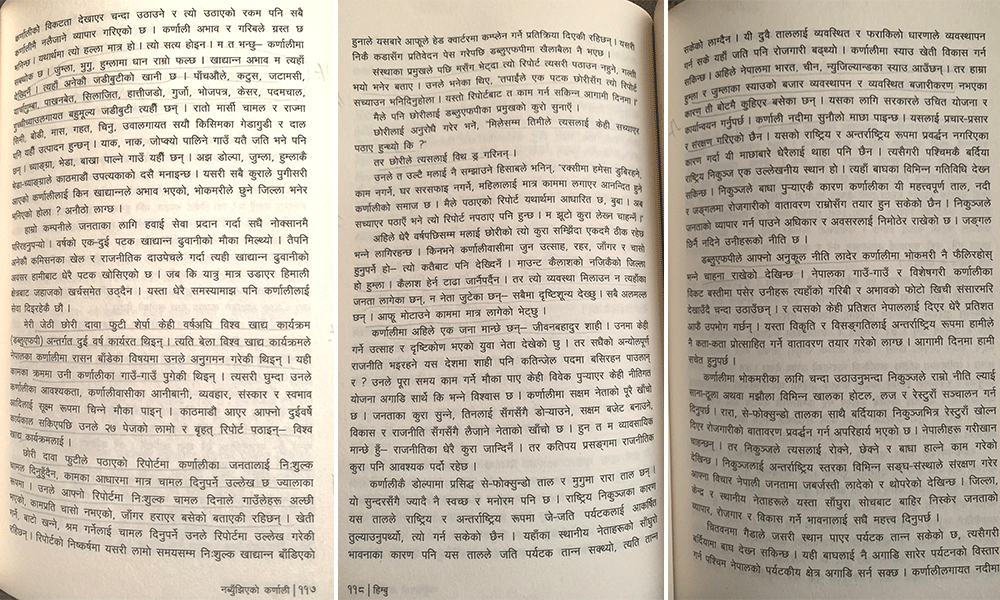
Instead of perpetuating poverty and hunger through donor agencies, Sonam advocates for a self-dependent and prosperous Karnali, utilizing its rich nature, culture, and adventure.


